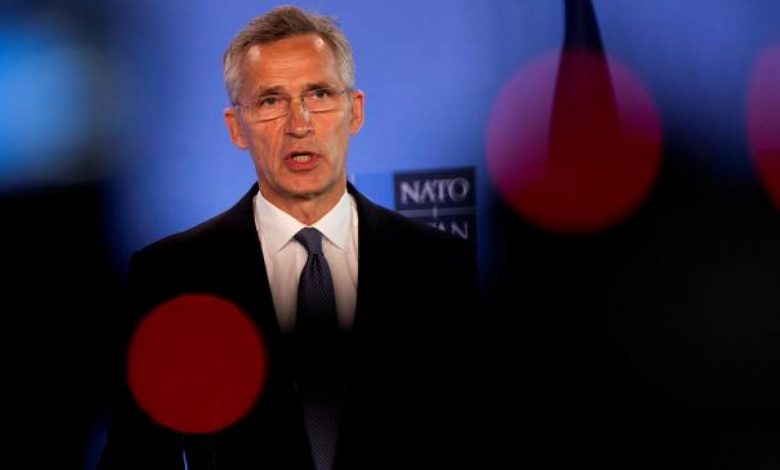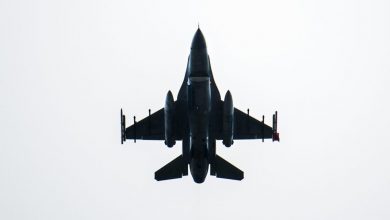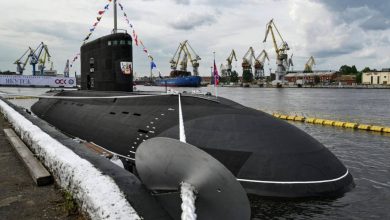Recent events in Russia demonstrate Putin’s ‘strategical mistake’

Russia cannot ‘intimidate’ NATO from supporting Ukraine, says Jens Stoltenberg
The latest developments in Russia demonstrate that President Vladimir Putin made a “strategical mistake” when it launched a war on Ukraine, the NATO chief said on Monday.
Jens Stoltenberg spoke at a joint news conference with Lithuanian President Gitanas Nauseda after their meeting in the Lithuanian capital Vilnius where they discussed final preparations for the NATO leaders’ summit to be held in the city on July 11-12.
Stoltenberg called the recent events in Russia an “internal matter” but confirmed that NATO is “closely following” the situation.
He also stated that it is “yet another demonstration of the big strategical mistake President Putin made” when he illegally annexed Crimea in 2014 and launched a war against its neighbor last year.
He stated that NATO doesn’t “see any indication that Russia is preparing to use nuclear weapons” but condemned Russia’s decision of sending nuclear arms to Belarus, calling the move a “reckless and irresponsible” act.
Nevertheless, Stoltenberg underlined that Russia cannot “intimidate us from supporting Ukraine.”
At the Vilnius summit, NATO leaders are set to adopt a multi-year support package to help the Ukrainian army transition from the Soviet era to NATO standards.
The leaders are also expected to approve new defense investment targets that set 2% of the gross domestic product (GDP) as a minimum.
On Friday, the Russian Wagner group accused Russian forces of attacking its fighters and subsequently crossed from Ukraine into the Russian city of Rostov-on-Don.
In response, the Federal Security Service initiated a criminal case against them for armed rebellion. Putin labeled Wagner’s uprising as an act of “treason.”
The group’s leader Yevgeny Prigozhin said his fighters would proceed to Moscow, prompting the Kremlin to enhance security measures across various regions of the country.
Prigozhin later claimed his fighters decided to turn back to avoid bloodshed when they were about 200 kilometers (124 miles) from the Russian capital Moscow, while Belarusian President Alexander Lukashenko claimed he held talks with the Wagner’s head with Putin’s consent, and that Prigozhin accepted a de-escalation deal.





